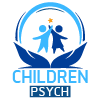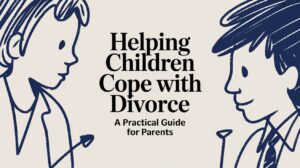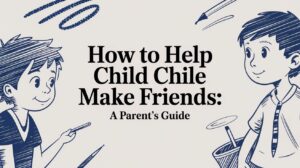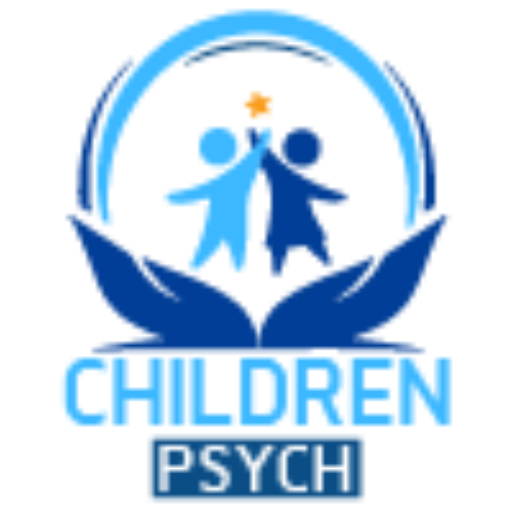Disruptive Mood Dysregulation Disorder (DMDD) is a mood disorder affecting children ages six to 18. DMDD is characterized by extreme irritability, anger, and frequent, intense temper outbursts that interfere with functioning.
Symptoms of DMDD
There are a few different ways to diagnose DMDD, but they all have one thing in common: the child’s mood must be out of whack and out of line with the situation. Symptoms include an irritable or angry mood that lasts all day, almost every day/
Severe temper outbursts (verbal or behavioral) that happen more than three times per week, which are unusually intense for the situation and include bursts at school or with peers, are also recorded. Lastly, it includes problems functioning when the child’s mood is aggravated, such as having trouble at school or hanging out with friends.
Treatments for DMDD
DMDD is a recent addition to the DSM-5, so the treatment for symptoms is still being developed. Treatment often uses methods similar to those that are used for other disorders. For example, treatments used for Attention Deficit Hyperactivity Disorder (ADHD), anxiety disorders, oppositional defiant disorder, and major depressive disorder may help treat symptoms of DMDD.
Children with DMDD may have trouble concentrating, and they may also struggle with memory issues. They may find it challenging to participate in activities or make friends. Having DMDD also increases the risk of developing depression or anxiety disorders in adulthood.
Here are some of the treatments used in treating DMDD:
-
Medication
Many medications that treat mental health ailments in children and adolescents effectively relieve symptoms. However, some medications have not been extensively tested in children and adolescents. The Food and Drug Administration (FDA) has not approved their use with children and adolescents. All medications have side effects, and you should talk to your child’s doctor about your child’s specific symptoms to decide whether a drug is the best treatment option.
-
Atypical Antipsychotic
Atypical antipsychotic medications are sometimes prescribed for children with severe aggression who are physically violent toward people or property. Risperidone and aripiprazole have been approved by the FDA for irritability associated with autism and are sometimes used to treat disruptive mood dysregulation disorder. Atypical antipsychotics have significant side effects, including suicidal ideation and behaviors, weight gain, metabolic abnormalities, sedation, movement disorders, hormone changes, and others.
-
Psychotherapy
Cognitive-behavioral therapy is a form of psychotherapy that helps children and teens learn to deal with their negative thoughts and feelings. It’s also being used to teach children to regulate their mood more effectively and to become more tolerant of frustration. The therapy teaches coping skills for dealing with anger and identifies and re-labels distorted perceptions that contribute to outbursts. Research is being conducted on other types of psychotherapies at the NIMH.
-
Parent Training
Parent training aims to help parents interact with their children in a way that reduces the occurrence of aggressive and irritable behavior in the child and improves the parent-child relationship. Multiple studies have demonstrated the effectiveness of parent training. Parent training teaches parents more effective ways to respond to irritable behavior. It does this by teaching them to identify situations in which their child is likely to have a temper outburst and to take steps in advance to avoid it. Also, training teaches parents the importance of being consistent with their children and rewarding them for good behavior.
Conclusion
Disruptive mood dysregulation disorder (DMDD) is a recent addition to the DSM-5. Treatment is still being developed. Studies have found that children with DMDD responded well to several different types of treatments, but more research is needed. DMDD, depression, and anxiety are treatable, and early identification and treatment can help children to cope with these disorders and lead healthy, successful lives.
Children Psych provides individualized psychiatric mental health care for children and families in Orange, California, Long Beach, California, and Phoenix Arizona. Psychiatrists and Board-certified psychiatric nurse practitioners are working together to ally with families, children, and adolescents who struggle with mental health and substance use disorders to improve their quality of life. Children Psych holds a responsive, considerate staff and incredible leadership, allowing patients to get the personalized care they need. The practice hosts children and adolescents from all walks of life. If you want to get in touch with a child psychiatrist in Orange, CA, we are here to help. Call us at (888) 588-7108 today.




